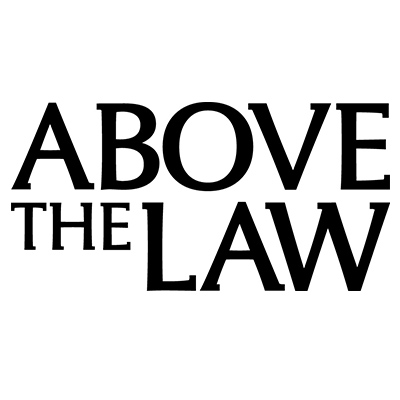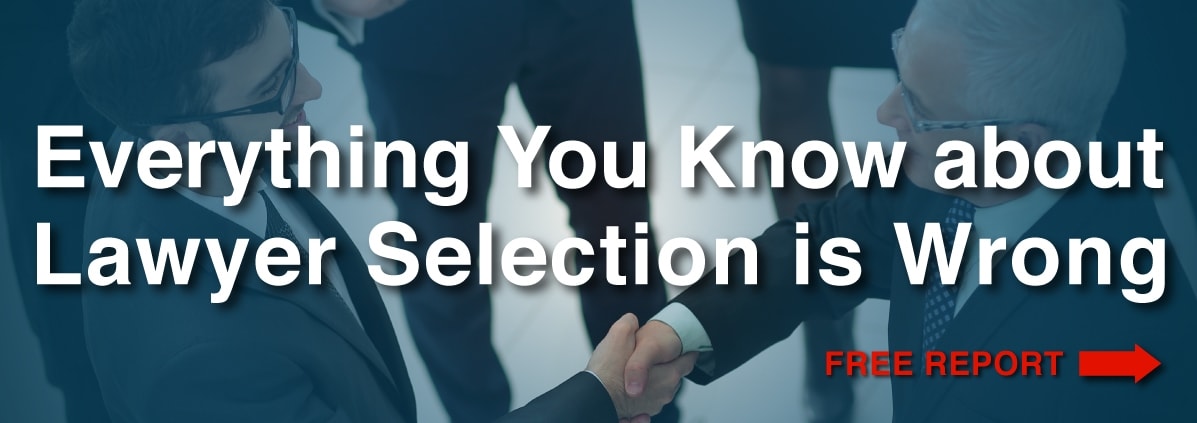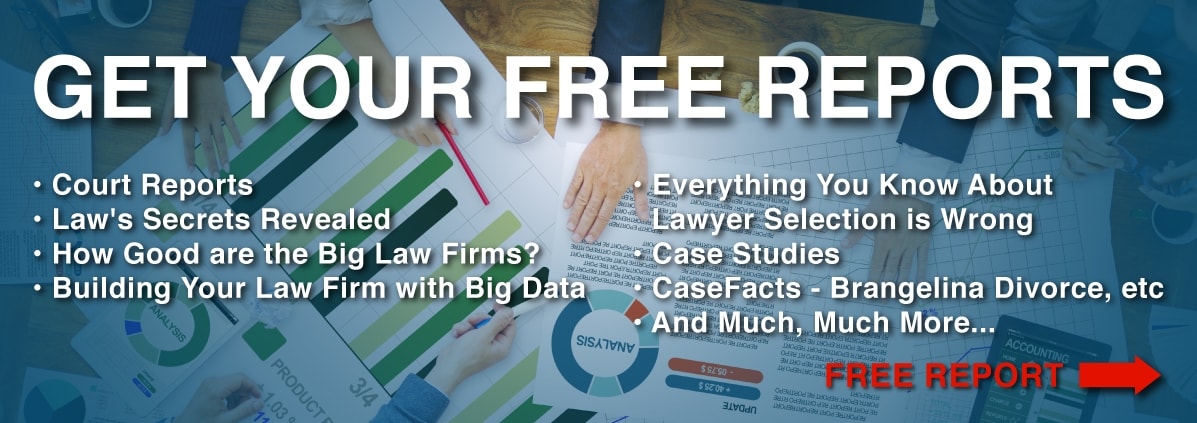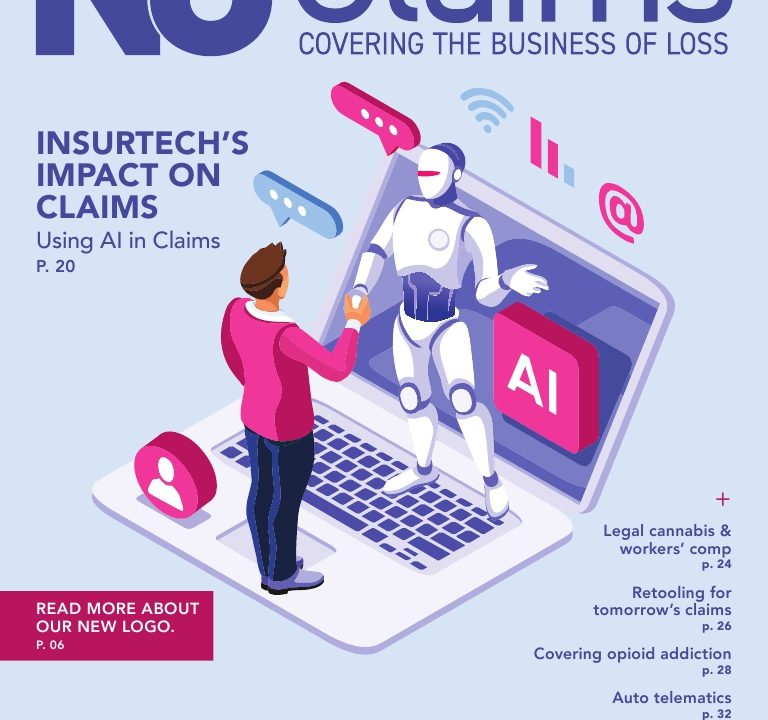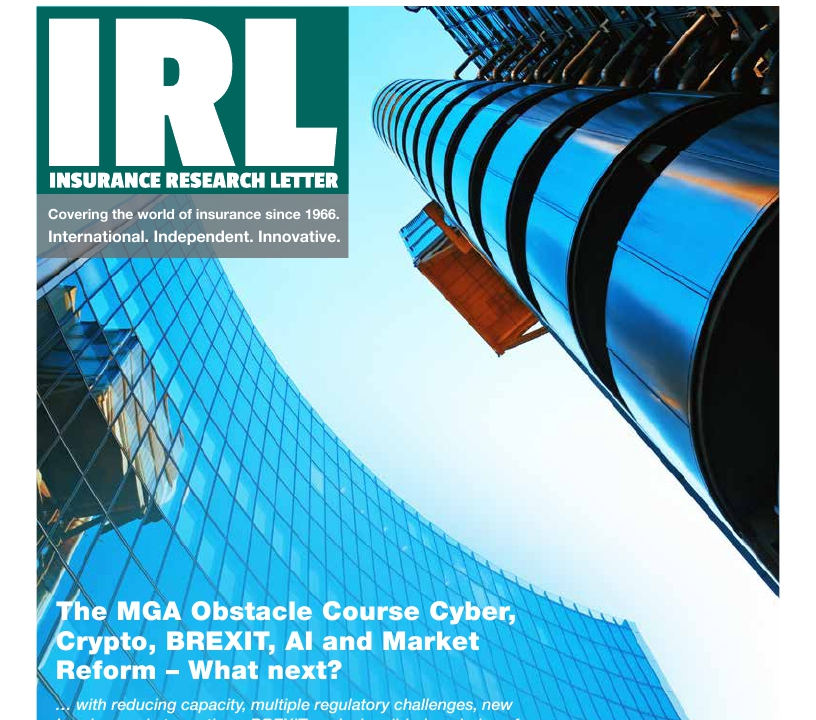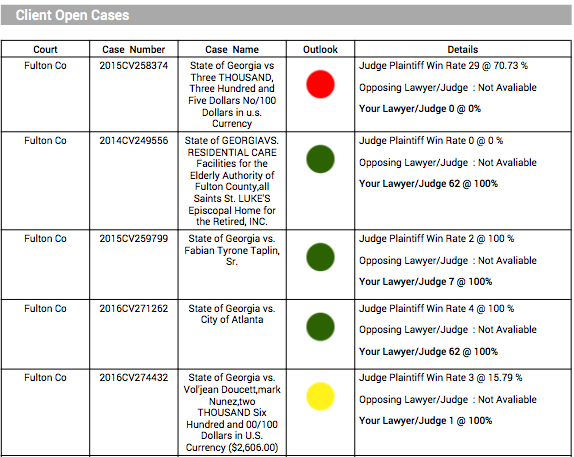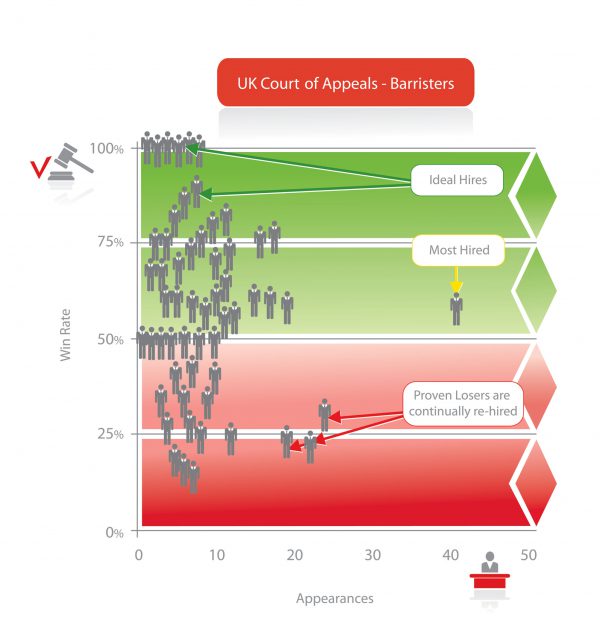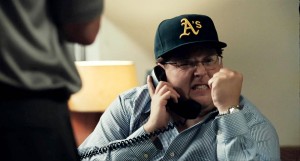
Toby, thanks for chatting with me. Tell us more about premonition.ai — give me your elevator pitch.
Premonition is an Artificial Intelligence system that mines Big Data to find out which Attorneys usually win before which Judges. It is a very, very unfair advantage in Litigation.
Before I ask you how the system works, tell me how you came up with the idea. You”re not a lawyer, why were you thinking about the issue of litigation in the first place?
America has 5% of the World”s population and 95% of the World”s litigation (because we”re practically the only democracy without a “loser pays” rule). Since moving here full time in 2000 (immigration is the sincerest form of flattery…), I”ve had all kinds of reasons to need to use lawyers – immigration, real estate, general business, a messy divorce, etc.
Probably my “favorite” frivolous lawsuit was getting sued for not having an elevator in a 1 story shopping center that I owned.
So, to answer your question, I”ve thought about litigation a lot.
During my divorce and the associated litigation, I came across 2 problems:
1. I couldn”t find ordinary civil cases unless I knew exactly where they”d been filed(i.e. there is no proper system that links court data).
2. I felt that some attorneys I”d hired in the past had been truly awful and knew instinctively that there must be some really good ones out there. But I had no way of knowing who they were…
Do you remember what your legal fees were for the elevator suit?
Yes, $10,000 to have it dismissed.
I didn”t get a penny back…
They call them American Disabilities Act “Drive by” lawsuits. In this case the guy hadn”t even bothered driving by…
Big data and transparency.
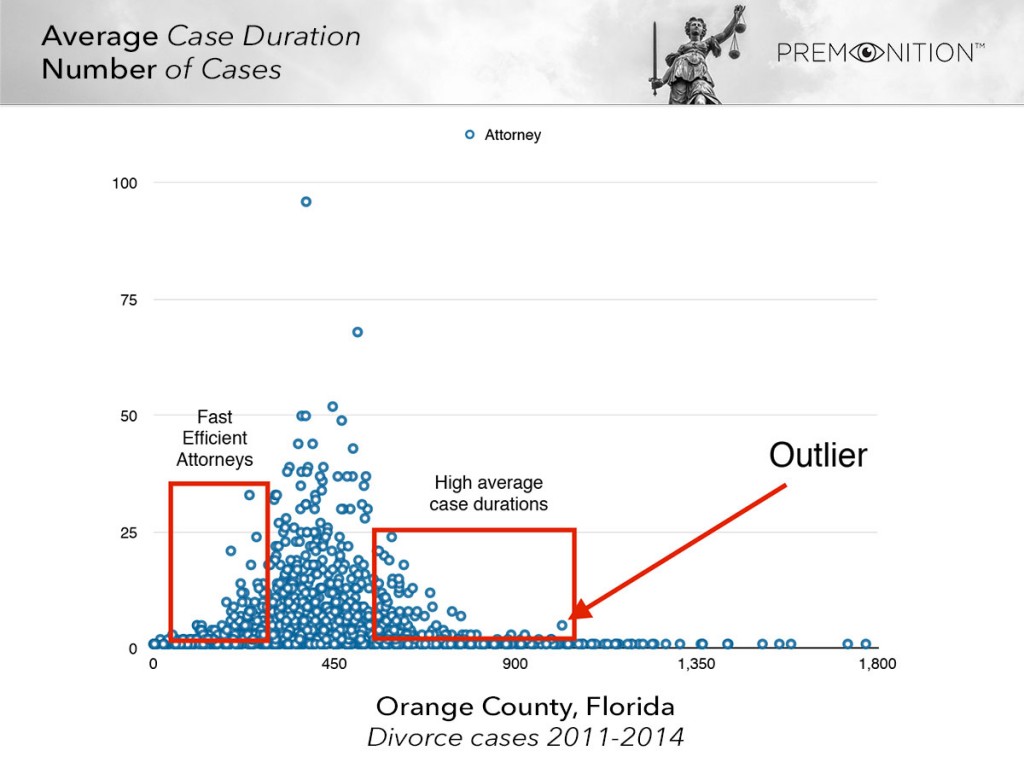

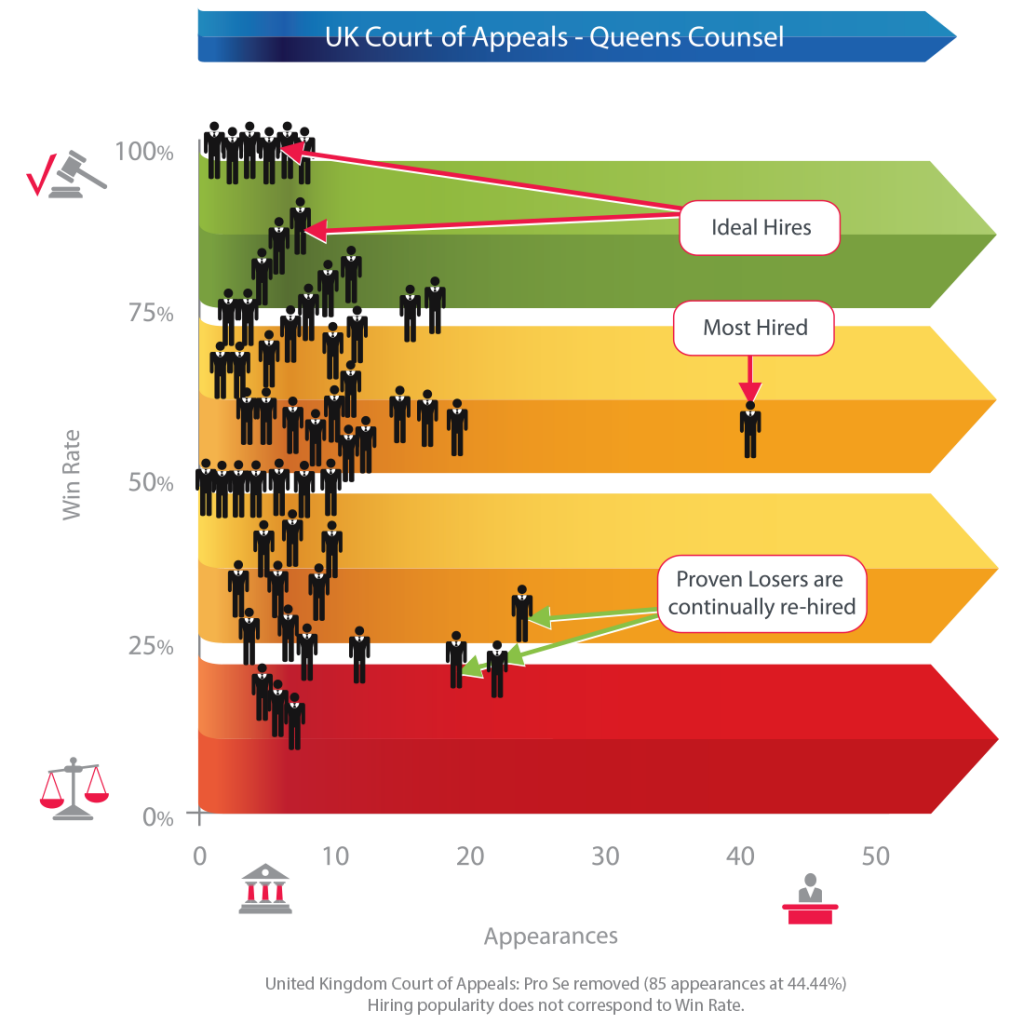

Okay, but doesn”t this kind of information beg the question, how valuable are these stats? That”s not to say that people won”t pay for this information, clearly you”ve shown they will.
My question is how much does this kind of information really teach us? Are wins the best way to evaluate lawyers? Some lawyers take on easier cases or have clients with greater means than the people who have sued them.
Can”t wins be misleading?
Absolutely, a win out of context is hugely misleading.
The “best” lawyer here in Orlando is a chap called James D. Barron III. He has thousands of cases a year with an 85% win rate. Our AI system is besotted with him, like a teenager with a crush.
None of our clients hire him though.
Why?
Because he”s an eviction attorney, which goes a long way towards explaining the high volume and win rate. We simply don”t get asked for that much.
Context is everything.
Venue
Outside of the Federal system we rarely compare attorneys from different courts. Aside from differing State licensing, knowledge of the local court, procedures and Judges is vital. Geography matters.
Case type
It would be total nonsense to compare evictions or traffic tickets with appellate work, for example. So we don”t. We have 108 different case types in the system and can even drill down further by adding criteria like winning party=”insurance company”.
Judges
We”ve found that the Attorney/Judge pairing is worth 30.7% of the verdict on average. This may not seem fair, but it is fact. A former Judge that helped us refine the system said “Facts and law have lost too many times.” People matter. Judges are human.
They have a lot of opportunity to gauge the veracity of counsel appearing before them.
How picky are they with the cases they take on?
Are they well prepared?
Do they present coherent arguments?
Some attorneys are simply more persuasive to some Judges.
Big data picks this up.
Let”s look at some criticism for a moment:
Easy vs hard cases
It is certainly true that a lawyer can get a string of hard cases that may affect their win rates temporarily. However, over the 41,000 cases filed every day in America, the lumpiness of easy/tough sets of facts even out.
Our system is designed to spot the outliers.
People like Alvin Benton, who had 32 straight wins before Judge Schreiber here locally. If he lost a few cases due to tough facts, he”d still be number 1 by a huge margin before her.
I”m not a big believer that there are many attorneys who only take “easy” cases. Attorneys who were that selective would soon be broke. Given that, until the last year or so, absolutely no one in America kept track of win rates. There was little disincentive for litigators when they lost, if they are paid by the hour, because no one really knew.
Lawyers who only took easy cases would also quickly de-select themselves from our short lists. The United Kingdom has a “cab rank rule” that forbids barristers from cherry picking cases. We have found fairly similar results for litigators across all our data sets. Cherry picking case difficulty is not much of a factor.
It”s the start of a selection process, not the end
Having 20 lawyers to choose from that usually get the result you”re wanting for that case type and judge is a very, very good place to start your selection. It is hard to go far wrong when you start from such a well defined pool.
But that”s when human decision making and experience take over…
I used the system last year to pick a litigator for myself.
I chose not to go with the #1 pick even though his numbers were excellent.
Why?
Quite frankly, he was an asshole.
I didn”t want to spend 2-3 years of my life dealing with him.
Barrister”s clerks often state that the number 1 reason why a barrister is not re-hired is failing to get along with the instructing solicitor. This leads to the “hire your mates” system that”s been in place for centuries and the negative win rate/re-hire rate correlation in the UK courts.
I”ve had 2 solicitors in the last year tell me
“winning isn”t important,”
to which I respond,
“clients like it.”
Picking lawyers by performance is not perfect.
But what method is better?
Just looking at your replies (long even by ReplyAll standards), your passion for Premonition is unmistakable. You are screaming premonition from the rooftops.
Are you this passionate about everything or is this Premonition specific?
We”re all very passionate about changing law here. My CEO and CTO have both had more than their fair share of frivolous litigation. We believe that transparency is the first step to changing anything. As Peter Diamandis said “Most evil is done in the dark.”
Other than that, I think I get obsessive and focussed on things. When I was younger it was rowing. That was all I thought about and I wound up winning the National Championships.
Later it was flying, which led to a World Airspeed record.


When I was 23 I started reading obsessively, whenever I had spare time. People come into my library, see thousands of books and say “It”s great that you”ve had all this time to read.”
“Not really”, I say, “This is a monument to frustration. It represents all the time I”ve had to spend on hold, waiting in line or for people to do stuff.”
Basically, when I do something I do it with maximum effort and take a multi-disciplinary approach that enables me to find solutions that elude experts who know only one field.
Every day of my life “experts” tell me something is “impossible”.
I”ve learned to ignore them
Ok, I”m glad I asked.
We like Lex Machina a lot.
Toby, this has been fun — thanks for dropping by. If you want to learn more, head over to Premonition.ai.
Thank you so much, Zach.
Great format.
Really enjoyed it.
Zach Abramowitz is a former Biglaw associate and currently CEO and co-founder of ReplyAll. You can follow Zach on Twitter (@zachabramowitz) or reach him by email at [email protected].

